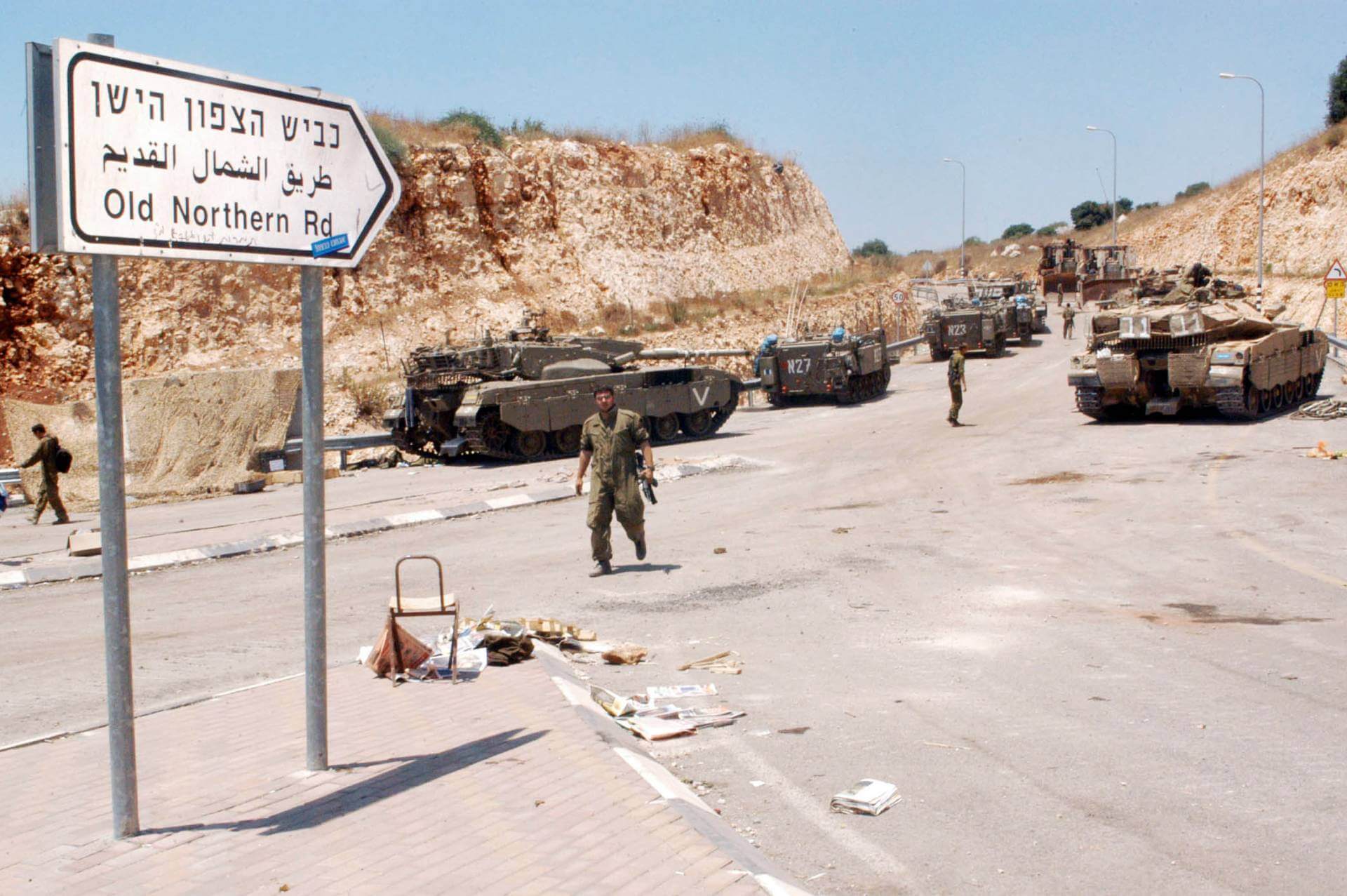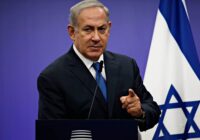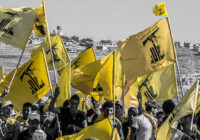Stabilizing the Israel–Lebanon land border is an achievable short-term goal. This is one of the top priorities of the US, Israel and Lebanon at the given moment and is achievable for three key reasons. Firstly, US Presidential Envoy Amos Hochstein has had success here before. In 2022, he mediated the maritime boundary between Israel and Lebanon.
Secondly, Hochstein was already in preliminary discussions on demarcating the land border before the Israel–Hamas war began on October 7, 2023. Finally, Israel, Lebanon and the US all have publicly identified UN Security Council Resolution 1701 as the framework for stabilizing the Israel–Lebanon border. This was passed in 2006, following the Israel–Hezbollah war that same year. It calls for the security forces of Lebanon to be the only armed actors south of the Litani river and for Israel to respect Lebanon’s sovereignty.
Stabilizing this land border is a foreign policy win for all parties involved that can be achieved in the short term. However, there are some key challenges that lie before all parties.
To explore how the US and Lebanon can advance these negotiations, retired US Ambassador Ed Gabriel, president of the American Task Force on Lebanon (ATFL), interviewed Najib Mikati, Lebanon’s caretaker prime minister, via Zoom.
Lebanon wants a ceasefire and long-term peace with Israel
In the discussion, Mikati shared his peace plan, which would involve a long term pause and cessation of hostilities. This would allow for humanitarian aid for Gaza and renewed mediation for hostage-prisoner exchanges. The plan also calls for resuming tripartite meetings to address lingering disputes between Israel and Lebanon, including pursuing the implementation of Resolution 1701. Finally, Mikati calls for an international effort to resolve the Israeli-Palestinian conflict that would “revive” the two-state solution framework.
Mikati re-emphasized that Lebanon’s participation in any diplomatic effort is contingent on a ceasefire. Gabriel pushed back on this and asked why Lebanon cannot begin with negotiations today. While Mikati argued this was the most realistic approach, the US today is not prepared to endorse a full ceasefire, making another temporary humanitarian pause the most likely next step.
In a panel that followed the interview, Tarek Mitri, a former Lebanese government minister and a contributor to Resolution 1701’s inception, made the same point. He noted that even a long humanitarian pause “would create conditions that may be conducive to an agreement.”
Importantly, Mikati reaffirmed Lebanon’s commitment to Resolution 1701, which he notes “calls for a ceasefire in the south and the deployment of the Lebanese Armed Forces in southern Lebanon.” When asked why Resolution 1701 was never implemented in the first place, Mikati claimed Lebanon had registered 35,000 Israeli violations of Resolution 1701 via land, air and sea. At the same time, he acknowledged it “has to be implemented in full for both sides.”
Another panelist, Jeffrey Feltman, former US ambassador to Lebanon at the time of Resolution 1701’s creation, agreed that “[b]oth sides have failed to implement [the resolution].” However, he went a step beyond Mikati and pointed to Hezbollah, noting that they are “deciding questions of war and peace for Lebanon without any reference to the Lebanese people” and that their “arms pose an existential threat to Lebanon.”
Another key shortcoming is Lebanon’s prolonged presidential vacuum. In the absence of a head of state, Lebanon cannot become party to any international agreement. At the same time, there is some well-found concern that international powers may be willing to engage in a transaction to fill the presidency in the most expedient manner possible, regardless of the qualities of a such a leader, in order to facilitate a border agreement. The 2020 Beirut explosion and the economic crisis the country is currently experiencing both serve as important reminders of how the qualities of such a leader matter.
Where do we go from here?
Given the parameters outlined by Mikati and two key experts on Resolution 1701, the plan for peace on the Lebanon-Israel border can be understood as follows. There are two crucial first steps, which can be taken concurrently or interchangeably: A ceasefire or, more likely, a long humanitarian pause in Gaza, and the election of a president in Lebanon. This would be followed by a complete land border agreement between Israel and Lebanon and, finally, full Implementation of Resolution 1701.
However, given the uncertainties in timing of accomplishing these objectives, there is one initial step that may precede all of this. At present, the US is relying on Hochstein’s proven leadership to deescalate current tensions on the Israel–Lebanon border.
Reports suggest the plan he is proposing entails Hezbollah moving eight to ten kilometers north of Lebanon’s border with Israel, which will allow for Israeli civilians to return to their communities. This would be followed by an increased deployment of the Lebanese Armed Forces and UNIFIL peacekeeping forces to the border area.
Two remaining challenges facing the US are finding a way to ensure Israel remains committed to reaching a diplomatic solution and leading the international community in facilitating a process that can enable the election of a president in Lebanon committed to prioritizing the country’s people.
Moving forward, the US must push for a ceasefire or humanitarian pause in Gaza, increase its leadership of the Quintet, and lay the groundwork for a cessation of hostilities on the Israel–Lebanon border.
The views expressed in this article are the author’s own and do not necessarily reflect Fair Observer’s editorial policy.
Support Fair Observer
We rely on your support for our independence, diversity and quality.
For more than 10 years, Fair Observer has been free, fair and independent. No billionaire owns us, no advertisers control us. We are a reader-supported nonprofit. Unlike many other publications, we keep our content free for readers regardless of where they live or whether they can afford to pay. We have no paywalls and no ads.
In the post-truth era of fake news, echo chambers and filter bubbles, we publish a plurality of perspectives from around the world. Anyone can publish with us, but everyone goes through a rigorous editorial process. So, you get fact-checked, well-reasoned content instead of noise.
We publish 2,500+ voices from 90+ countries. We also conduct education and training programs
on subjects ranging from digital media and journalism to writing and critical thinking. This
doesn’t come cheap. Servers, editors, trainers and web developers cost
money.
Please consider supporting us on a regular basis as a recurring donor or a
sustaining member.
Will you support FO’s journalism?
We rely on your support for our independence, diversity and quality.








Comment